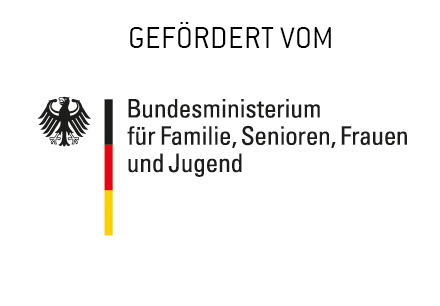Development of a Procedure for the Entitlement Assessment of Impending Participation Restrictions by Youth Welfare Professionals
Keywords
Participation Restriction, Integration Assistance, Psychological Impairment, Assessment Tool, Resources, Assistance Planning
Project Management
Cooperation Partners
German Youth Institute (DJI) Munich
Project Term
01.04.2017 - 31.03.2019
Background & Aim of the Project
The aim of the project is to develop a demand-oriented, valid and practical instrument for the assessment and documentation of (impending) participation restrictions in children and adolescents.
In close cooperation with six youth welfare offices, an online-based assessment tool is developed and tested and evaluated in regular routine work of these youth welfare offices in regard to integration assistance for children and adolescents with (impending) psychological impairment (§35a SGB VIII). The instrument is intended to provide an opportunity for the socio pedagogical context to illustrate the diversity of relevant dimensions of participation and to determine resources and obstacles in the social environment of children and adolescents. A systematic and participatory assessment should make a contribution to quality assurance, promote transparency and comprehensibility for all parties concerned and support individualizing assistance planning.
Description of the Project
In the first phase of the project, a concept for an online-based instrument for the assessment of (impending) participation restrictions will be developed on the basis of internationally available instruments and field investigations in the six participating youth welfare offices (expert interviews, analysis of completed cases). This concept which will be discussed and further developed in development workshops with socio pedagogical experts.
In the second project phase, this assessment instrument will be tested and evaluated in a six-month pilot phase at the participating youth welfare offices. In order to ascertain quality criteria, employees are asked about the practical suitability of the instrument. In addition, further data collection and surveys with the children/adolescents and their families are carried out in order to check the validity and reliability of the instrument.
In the third project phase, an e-learning platform with training materials will be developed for dissemination of the process.
Contact Address
Funded by
Federal Ministry for Family Affairs, Senior Citizens, Women and Youth (BMFSFJ)



